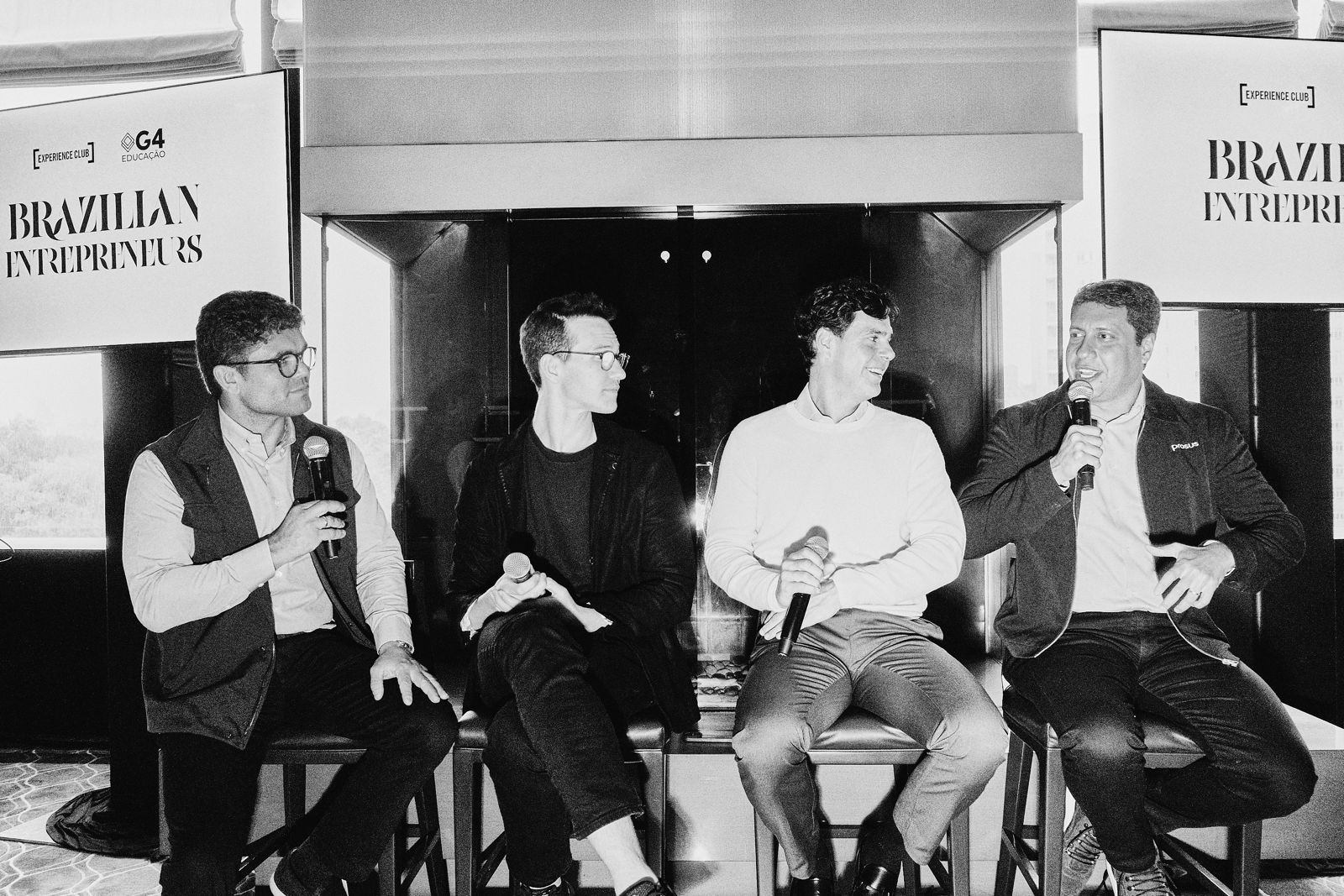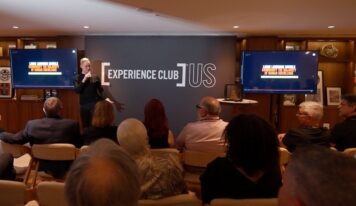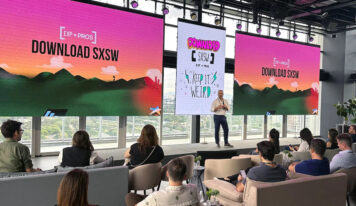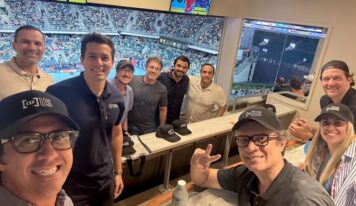Fabricio Bloisi (Prosus & iFood), Guilherme Benchimol (XP Inc.), and Henrique Dubugras (Brex) shared hard-earned lessons on leadership, AI, and scaling globally with 80 business leaders in New York.
By Monica Miglio Pedrosa, journalist at Experience Club Brazil
Photos: Thiago Bruno
What does it take to lead—and win—in a world of relentless change? During Brazil Week NY, three of Brazil’s most influential entrepreneurs sat down for an exclusive conversation with 80 business leaders at a private luncheon hosted by Experience Club and G4 Educação.
Fabricio Bloisi (CEO of Prosus and chairman of iFood, recently named Person of the Year 2025 by the Brazilian-American Chamber of Commerce), Guilherme Benchimol (founder and chairman of XP Inc.), and Henrique Dubugras (co-founder and chairman of Brex) opened their playbooks on navigating crises, building resilient teams, leading in the age of AI, and scaling beyond borders.
How to Navigate Through Crises
Guilherme Benchimol: “Crises are the best time to differentiate yourself. In the financial market, it’s common for people to retreat during downturns. But what I’ve learned is that when everything’s going well, it’s hard to know if it’s due to skill or luck. In a crisis, you double down on customer relationships and strengthen your team connections. With a strong culture, competitiveness, and a clear plan, you gain market share during tough times. Honestly, I can’t remember a single crisis we didn’t grow through.”
Mistakes and Lessons Learned
Henrique Dubugras: “One of our biggest mistakes was when we decided to stop serving 60,000 customers—half of our client base—to focus only on fast-growing startups. It hurt our credibility. In hindsight, we could have raised prices and allowed natural churn instead of cutting them off, which would have avoided the backlash.”
Guilherme Benchimol: “The worst thing for any entrepreneur is to rely on a single revenue stream. In 2007, XP was fully dependent on stock brokerage fees. When the 2008 crisis hit, we had to go into survival mode, lay off people, and cut costs. That taught me the importance of building an anti-cyclical, antifragile business—one that thrives in any environment.”
Stock Options and Attracting Talent
Guilherme Benchimol: “Since 2003, we’ve allowed top-performing employees—those aligned with our culture—to buy company shares. A lot of founders hand out stock options, but I don’t believe in that. To me, a partner is someone who sits in my chair and feels the weight of running the business. When someone invests their own money to become a shareholder, their mindset shifts completely.”
Henrique Dubugras: “At Brex, we follow the traditional Silicon Valley model where everyone gets stock options. I thought about doing it differently, but when you’re competing with 12 other offers for a top engineer in the Valley, it’s safer to go with what people know. Some folks don’t value equity, so we’re testing different models—offering higher salaries with less equity.”
Balancing Personal and Professional Life
Henrique Dubugras: “Step one is finding a partner who understands your rhythm. A friend once told me there are two types of partners—balloons who lift you up, and anchors who weigh you down. If your partner is an anchor, you need to pivot. Also, your company needs to have a purpose beyond just making money. Otherwise, when you’ve made enough, what’s left? The second step is locking in time together on the calendar and not touching that time—ever.”
Guilherme Benchimol: “Life comes in phases. I started XP with nothing in my pocket, and today we’re listed on the NASDAQ. Early on, life was crazy—learning, pivoting, and barely any balance. You must at least try to fit in some basics like eating well and exercising. But that phase can’t last forever, or you’ll burn out and lose the joy of building. Around 2010, when a British fund came in, I learned to transition from being an operator to being a true leader. I was very controlling—that’s a common mistake for founders. Letting go and thinking long-term is one of the hardest, yet most essential, transformations.”
Leadership Mindset
Guilherme Benchimol: *”I used to micromanage—stopping people in hallways to demand things. I made decisions on instinct because founders often prioritize speed. But I’ve learned that the right decision is more important than the fast decision. Making one right call beats changing your mind four or five times. This comes with maturity—and having people around you who are better than you. That’s when life improves and entrepreneurship becomes truly rewarding.
Focusing on people is what transformed XP. In 2010, we had $5 million in EBITDA. In 2024, we hit $1 billion. What changed? We prioritized people. This is the main growth lever, yet most founders stay too focused on operations.”*
Henrique Dubugras: *”I sit on the board of Mercado Libre, and I learn a lot from CEO Marcos Galperin. He spends a lot of time spotting what’s working—early signals—and then doubles down. Most CEOs spend too little time on this because they’re buried in operations.
A mentor of mine, the CEO of ServiceNow, always pushes me to ask: ‘If you’re considering an M&A, is it truly helping your customer—or does it just feel like it’s helping because it benefits you?’ Founders often underestimate how much the market’s structure shapes their business outcomes beyond their direct control.”*
What Makes Brazilian Entrepreneurs Different
Fabricio Bloisi: “Brazilian leaders should take more pride in themselves. We are incredibly adaptable. The global environment today is extremely volatile and uncertain—but for Brazilians, that’s just another year. Our ability to pivot, adapt, and be creative is a huge advantage when competing globally.”
AI’s Potential for Brazil
Fabricio Bloisi: *”I love studying major innovation cycles. In the past 300 years, we’ve seen the Industrial Revolution, the Age of Exploration, and the rise of the internet. Brazil missed out on the last ten revolutions. But now, with AI, we have a chance to be pioneers.
At iFood, we’re already building globally competitive technology. We have an opportunity to leverage our adaptability and innovation to take a leading role worldwide. But it requires thinking big and investing heavily to win this next cycle.”*
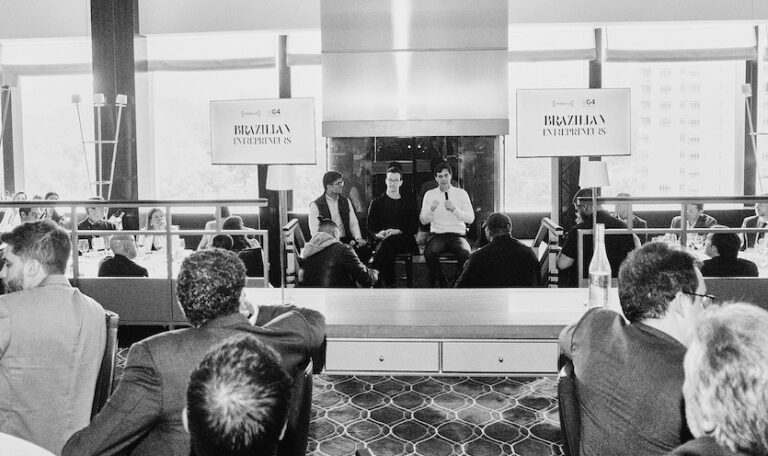
How AI is Changing Business
Henrique Dubugras: *”At Brex, we are rebuilding our entire management model around AI. If you were designing a company from scratch today, would traditional management practices even make sense?
Here’s a simple example: Before I talk to anyone, I spend two hours with ChatGPT pressure-testing my ideas—checking pros, cons, and logic. It has massively improved the quality of my thinking. This is just one way AI is transforming how we operate.”*
Guilherme Benchimol: “At XP, we’ve been using AI for years. People often imagine virtual advisors replacing humans, but today we have 20,000 real advisors talking to our customers. Our view is that AI won’t replace the human connection but will empower it. The question is whether a virtual advisor can ever have the charisma of a human being. We don’t think so—not yet.”
Fabricio Bloisi: “iFood currently runs 200 AI models. Our customer acquisition costs dropped by 50%, and fraud went down by 98%. These are results from models built with three-year-old technology. Now, we’re building models with all the company’s knowledge using the latest AI from DeepSeek and OpenAI 4.0. Early tests show a 160% increase in customer conversion. This is just the beginning.”
The Exponential Future
Fabricio Bloisi: *”Humans can’t truly think exponentially, but that’s how the world is evolving. You think things are moving fast now? It’s going to get even faster.
In an exponential future, we’ll have new particles that don’t even exist today. Energy will be accessible anywhere. If today we talk to an AI assistant, soon that assistant will talk directly to my wife, my parents, and my family on my behalf. That’s where we’re headed.”*
Henrique Dubugras: *”When you’re building a product, you invest a lot to deeply understand customer pain points. Now imagine that at scale.
At Brex, we built an infrastructure that runs over 300 customer interviews per month. Then we apply AI to analyze the data, generate ideas for new products, prioritize features, and shape our pipeline. This is how AI changes the product development game.”*
Investment Thesis for Brazil
Henrique Dubugras: “The most obvious answer is energy. The energy demand for the next wave of data centers is massive, and we are nowhere near having the capacity. Brazil has huge potential to help solve this.”
Guilherme Benchimol: “Ninety percent of my net worth is still in XP stock. The Brazilian financial sector is full of opportunities. In 2024, XP generated $3.5 billion in revenue with just 11.5% market share. There’s enormous room for growth.”
Fabricio Bloisi: *”We’ve already invested $1.7 billion in Decolar and plan to invest even more in Brazil. Prosus has $18 billion in cash ready for investment. I want to back Brazilian businesses and accelerate innovation here.
Brazil has the potential to become a key player on the global tech map. I’m from Bahia—I left for Campinas, then Osasco, then São Paulo. iFood is now nationwide. At Prosus, we’re investing in China, India, and Europe. Believe me, we can do so much more. We’re just getting started—and we’re in this together.”*
![[Experience Club] US [Experience Club] US](https://experienceclubus.com/wp-content/uploads/2021/03/laksdh.png)
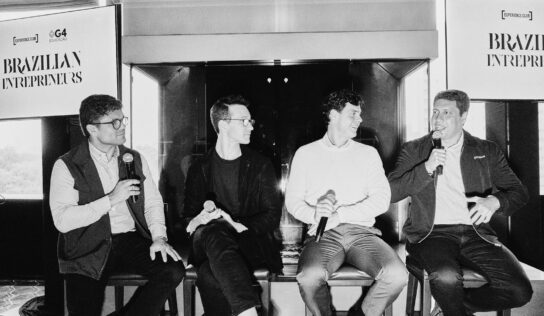








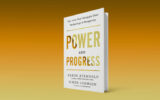
![[Experience Club] US [Experience Club] US](https://experienceclubus.com/wp-content/uploads/2021/03/logos_EXP_US-3.png)


